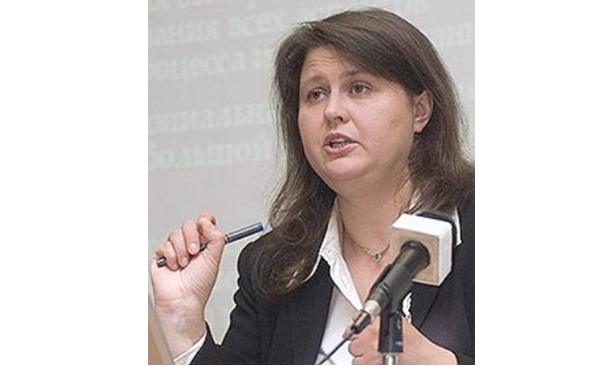Two idiomatic expressions “Suitcase mood” and “It’s time to run” are among those that one can find especially often in the Russian media today. As was declared in 2011 by Sergei Stepashin, then head of the Accounts Chamber of the Russian Federation, about 1,250,000 Russians who left Russia after fall of communism are working abroad. An equal amount of people left Russia after revolution of 1917.
As the years pass more and more Russians are experiencing the desire to emigrate. According to a survey conducted by the Institute for Comparative Social Research 26% of 18 to 29 years old Russians and 28% of 30 to 39 years old have that desire today.
Desire to move to another country is quite common not only in Russia but in many countries. In Europe it mostly exists in scientific circles and it’s lower than in Russia. But in most Asian countries this figure is almost twice as high as in Russia.
It is commonly thought that Russian “suitcase mood” is caused by the political climate. But according to the survey of the Institute for Comparative Social Research, 68% of Russians, when asked what they do not like in the country, answered that it is the low standard of living, 56% named lower quality of life, and only 11% named a bad political climate.
Here is how Anna Andreyenkova, the deputy director of the Institute for Comparative Social Research, comments on the situation in her article, published in Ogoniok, one of the most popular Russian magazines:

“The desire to leave is most strong among scientists, intellectuals and students. The businessmen, in contrast, do not want to leave for good… The entrepreneurs do have the need to rise to the international level in order to ensure the safety of their capital. But they themselves are not planning to emigrate (as opposed to young people who are looking for a country of permanent residence), for them it is a question not of emigration but rather of obtaining alternative asylum. Most of those who apply for investment visas in other countries are the people with access to state resources. Not just the officials, but the people in one way or another connected with them, because today the big fortunes in Russia are made through the connections to government.
“The desired direction of emigrations of Russians are most diverse and largely depend on its objectives. For scientists, it’s the U.S., where the most of opportunities can be found to make career in science, although the UK and Germany present competition to America now.
Most of those who search for education go to the United Kingdom, as opposed to the United States, where the education is too expensive. Ас шас The businessmen developing production look to Asia; those who want to protect their capital look to Europe; and entrepreneurs from the high-tech industries are trying to establish contacts with the United States. And of course, today one is not talking about a permanent residence, the concept is outdated. If in the past decision to leave could be made only once and for all, today, thanks to the open borders, one can leave, then come back again and again.”
The one if the most popular Russian newspapers, Komersant, published on its the size of the largest Russian speaking Diasporas outside of Russia: Amount of people and what percentage of the population of each country they make up.
Here are the figures:
| USA | 752,000 | (0.24%) |
| Canada | 104,000 | (0.30%) |
| Mexico | 92,000 | (0.08%) |
| Brazil | 134,000 | (0.07%) |
| Latvia | 628,000 | (28.10%) |
| Lithuania | 208,000 | (6.32%) |
| Estonia | 344,000 | (25.73%) |
| France | 127,000 | (0.20%) |
| Germany | 503,000 | (0.061%) |
| Israel | 423,000 | (5.50%) |
It is hard to believe these figures. Here are some of the readers’ comments on the Komersiant web site:
“One of the biggest Russian Diasporas is located in Thailand now. Why it is not even mentioned here?”
“Where’s information about Turkish diaspora?”
“By the different estimations 3 to 4 million people speak Russian now in Germany…”
Well, I personally can say the same about the USA. I tried many times to obtain the real data about the size of the Russian speaking diaspora. Nobody knows real figures. From my observations, there are more than a million Russians just in the Greater New York area.
As for Israel, according to Wikipedia, just in 1989 more than a million immigrants from Russia arrived in the country. Today immigrants from Russia make up 20% of Israeli population. Because of the relatively wide spread use of Russian language, the Israeli Parliament has repeatedly introduced a bill to legalize the official status of the language in the country. The latest bill, which proposed to raise the status of Russian in Israel, was introduced in the Israeli Knesset in August 2008.

